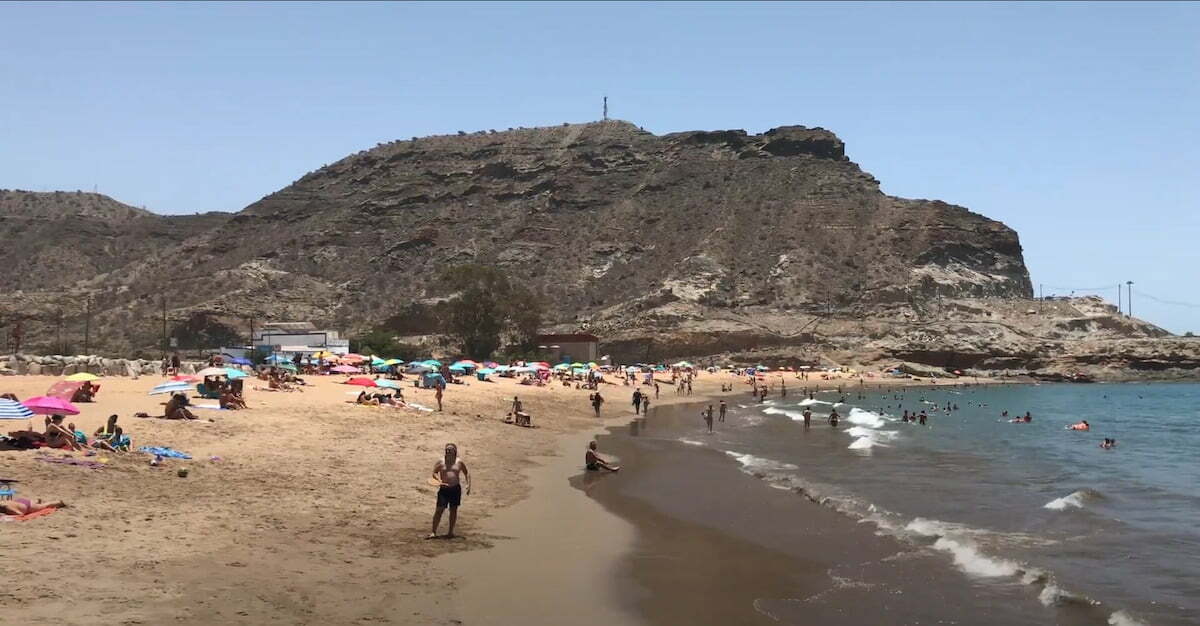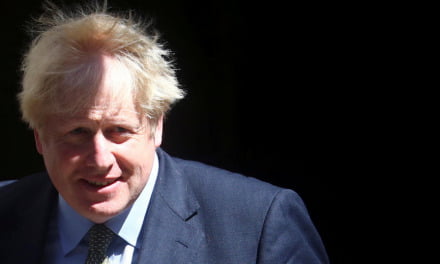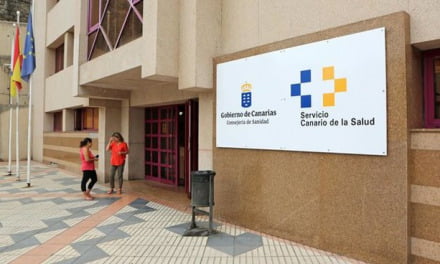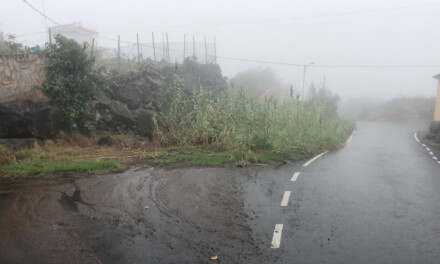Confusion for British tourists continued this Thursday after Health Minister, Matt Hancock, at Wednesday’s Downing Street press briefing, downplayed any possibility that the UK Government will expand their Green List of destinations. For the moment the United Kingdom has not made any clear decision regarding which destinations might be added to the list, despite the European Union this Wednesday having approved new rules for vaccinated travellers from third countries, with a particular focus on the United States and the United Kingdom.
 Spain is expected to make similar announcements this week, with some expectation that the UK will reciprocate, however Hancock did not want to muddy the waters further “It is a matter for the EU what its regulations are” he said playing down any significant expansion of the UK government’s current green list while insisting ministers have been “crystal clear” on amber list travel.
Spain is expected to make similar announcements this week, with some expectation that the UK will reciprocate, however Hancock did not want to muddy the waters further “It is a matter for the EU what its regulations are” he said playing down any significant expansion of the UK government’s current green list while insisting ministers have been “crystal clear” on amber list travel.
The British Government recommends not traveling to countries classified amber or red, as confirmed by Prime Minister Boris Johnson on Wednesday in Parliament. That is despite often differing advice from the British from the UK’s Foreign, Commonwealth & Development Office.
Meanwhile the German and Dutch government’s have agreed to allow travel from their countries to safe regions, including The Canary Islands.
The EU’s announcement on Wednesday will allow anyone who has been vaccinated, with a European Medicines Agency approved vaccine, to travel to the EU without the need to provide test results. This is expected to increase confidence for vaccinated travellers while removing the current costs associated with the need to provide PCR test results prior to boarding an aircraft. There will also be a “white list” for unvaccinated travellers coming from specific countries deemed safe by the EU based on their current rates of covid infection, with those at 75 cases per 100,000 or less expected to qualify for this EU safe list, although the EU has made clear it would also take account infection trends in its decision-making.
The EU Council agreement updating the approach to travel from outside the EU is set to be formally adopted in next few days along with plans to lift some of the restrictions on vaccinated people when they arrive at their destination.
We welcome the @EUCouncil agreement on updating the approach to travel from outside the EU.
The Council now recommends that EU countries ease some of the current restrictions, in particular for those vaccinated with an authorised vaccine.@ChristianWigand ↓ pic.twitter.com/hCVKxe2Pw2
— European Commission ?? (@EU_Commission) May 19, 2021
The European Parliament has this week asked that European funds be used to finance PCR tests for EU citizens who have not been able to vaccinate and who will still need to take the test in order to travel. Several member countries have made clear that they do not have the funds to pay for PCR tests, with Spain expecting millions of travellers to arrive in the country this summer there is pressure on the EU to try to reduce costs for tourists. UK travellers, however, would still need to cover the costs of testing if not vaccinated, and under current rules twice upon return to the UK.
Despite the agreement reached in the EU, each member country is still free to then apply their own restrictions to travellers from third countries, however it is unlikely that any of the countries that depend on the British tourism market will impose new obstacles, and in fact Spain’s Tourism Minister, Reyes Moroto, has been making clear for more than a week that she expects British travellers to be able to come to Spain without the need for PCR testing, we assume, so long as they are vaccinated. An announcement is expected this week, with Prime Minister Pedro Sanchez set to officially launch the Digital Green Certificate, vaccine passport, for Spain on Friday, at the travel conference FITUR in Madrid, alongside the Spanish Health Minister.
British Ambassador, Hugh Elliot, attended the opening of the Gran Canaria stand at FITUR yesterday, and has previously confirmed that UK is assessing travel to the islands separately to the rest of Spain.
Following days of mixed messaging on the British government’s traffic light policy, Matt Hancock has said the UK government’s guidance is clear:
“We have been absolutely crystal clear that you should not go to an amber or red list country on holiday,” reiterating prime minister Boris Johnson’s insistence on Wednesday there is not a need to legislate against travel to amber list countries, as people need to be able to make their own decisions with the guidance in place.
“You don’t necessarily have to ban everything,” the Health Secretary said. “But what we do know is the public have been brilliant at exercising personal responsibility.”
He wouldn’t be drawn on the apparent disparity between the Travel Task Force traffic light system and the Foreign Office’s travel advice, despite the fact that several airlines and operators are now offering amber list departures, in line with FCDO advice and in defiance of the apparent confusion over government advice and guidance.
When he was asked about the EU’s plan to reopen for vaccinated travellers, and those from third countries with low enough rates of Covid infection, Hancock would not say if the UK were planning to reciprocate, instead talking about the higher incidence of the South African variant on mainland Europe. “It’s a matter for the EU what their regulations are,” said Hancock. “I’ve seen the proposals, we will work with them. Long-term, we need to find a way to have safe international travel.”
He added that for now, caution was advisable.
 Meanwhile ABTA, the Association of British Travel Agencies, responded to confusion as a result of the amber list saying “It does not make sense for the Government to tell people that they should not travel to destinations in amber, when it has been the Government itself that published a plan that allows the British to travel to destinations in amber, even if it is under certain conditions to manage risk, like testing and quarantine.”
Meanwhile ABTA, the Association of British Travel Agencies, responded to confusion as a result of the amber list saying “It does not make sense for the Government to tell people that they should not travel to destinations in amber, when it has been the Government itself that published a plan that allows the British to travel to destinations in amber, even if it is under certain conditions to manage risk, like testing and quarantine.”
Boris Johnson has simply said “Do Not Travel”. With 170 countries on the UK amber list, some of which are favourite destinations for the British in summertime, pressure is building on the UK Government, with the parliamentary opposition claiming they have “lost control of the messaging”.
The fact is that many travel agencies in the United Kingdom are simply, now, advising their clients to be more aware of the Foreign Office (FCDO) recommendations, rather than of which colour of traffic light has been set out when travelling to their favourite destinations. The basic reason for this, other than trying to instil confidence and remove confusion, is that travel insurance policies are not based on traffic lights, but most usually on the latest FCDO advice for each country.
 Airlines and tour operators are now offering bookings to destinations currently set to Amber, in line with the recommendations of the FCDO, which despite currently recommending against travel to Spain, for instance, excludes The Canary Islands from that advice.
Airlines and tour operators are now offering bookings to destinations currently set to Amber, in line with the recommendations of the FCDO, which despite currently recommending against travel to Spain, for instance, excludes The Canary Islands from that advice.
Following the UK’s return to international travel, up to five million “brave” British tourists may have already booked holidays to an amber list country, according to travel writer Simon Calder, and based on data published last week by TUI, more than half of those, 2.6 million, anticipated reservations are booked for summer 2021.
The British Government has reportedly announced that so-called “holiday police” have been primed to knock on the door of anyone who needs to be quarantined on return from an amber list country, with fines of up to £10,000 for those found not to be complying. The UK press report that up to 10,000 checks a day could be made on returning holidaymakers who are supposed to be isolated at home, according to government figures collected by Travelmole.











